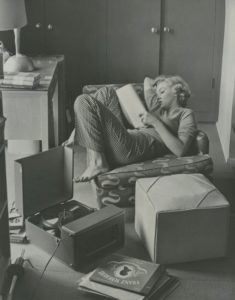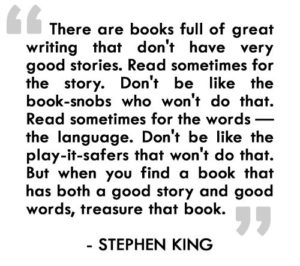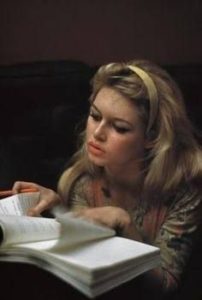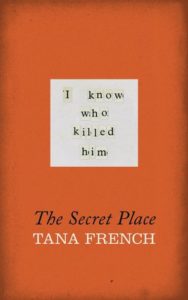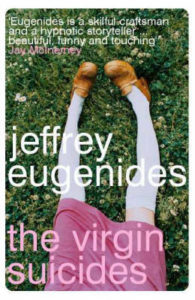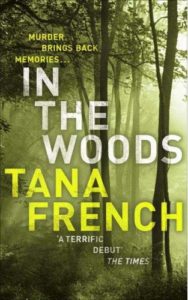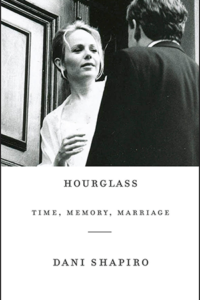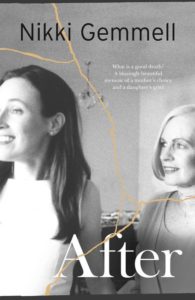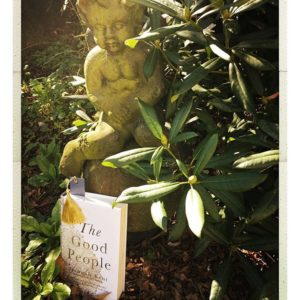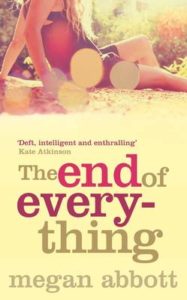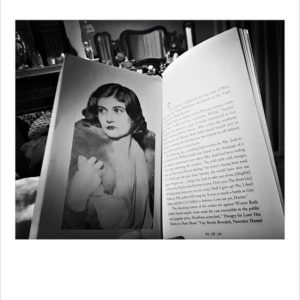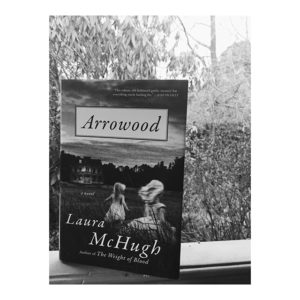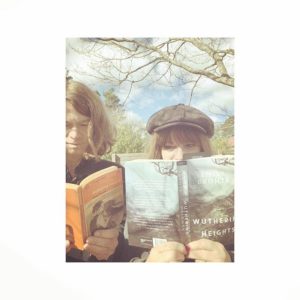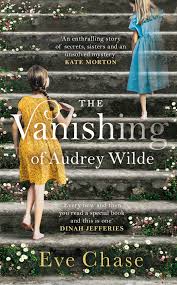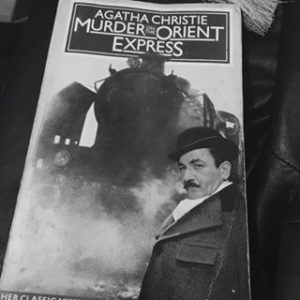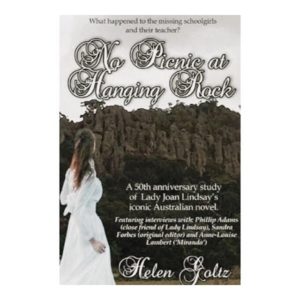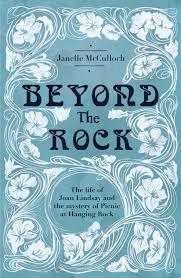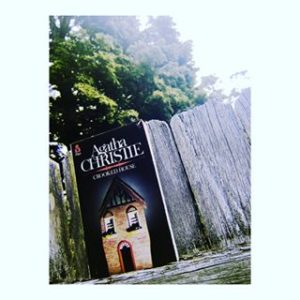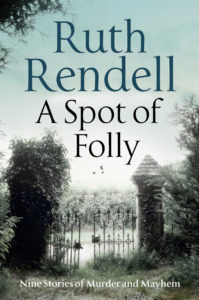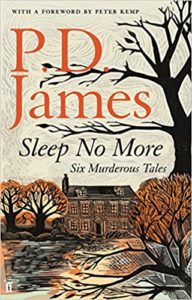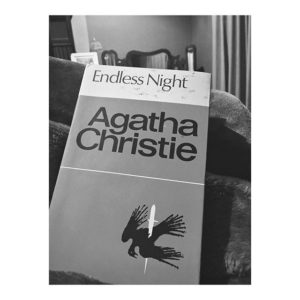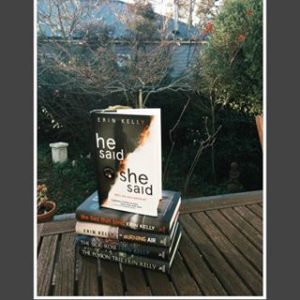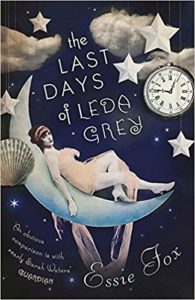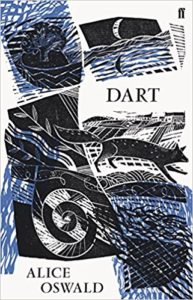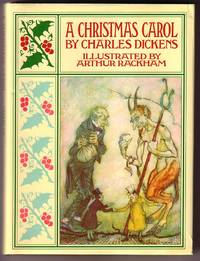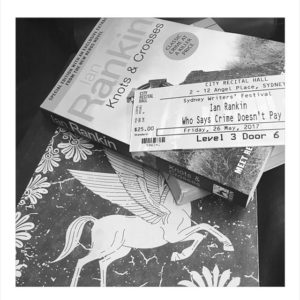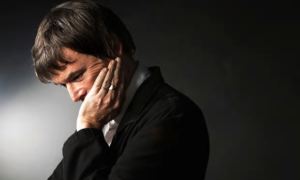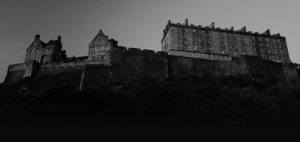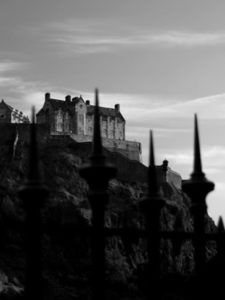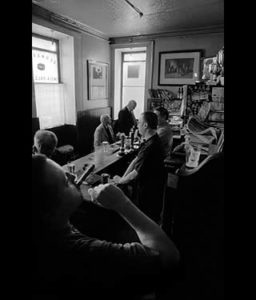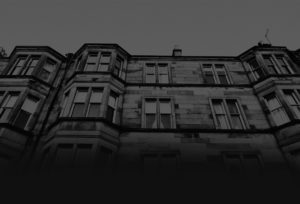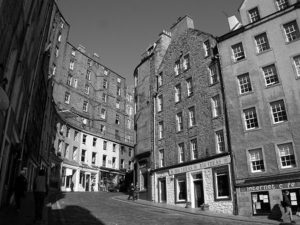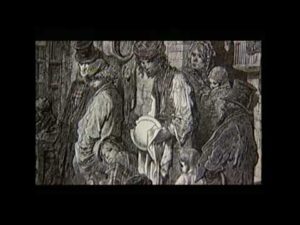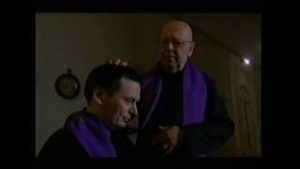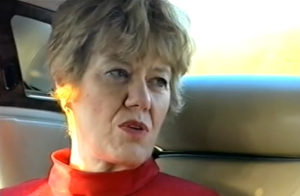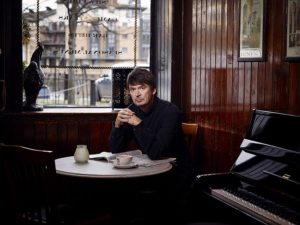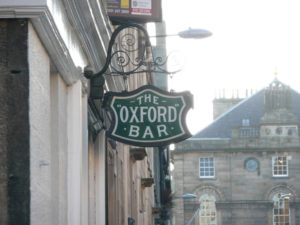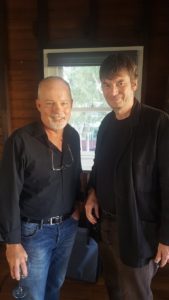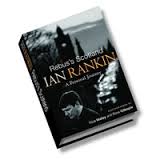I last saw Ian Rankin in Sydney in 2017 which I wrote about HERE on Who Says Crime Doesn’t Pay? I was looking forward to hearing him again at the Sydney Writers’ Festival on Saturday 24 May at Carriageworks. Unfortunately, I’ve fractured my pelvis and forced into at least four weeks bed rest. Gutted!
I livestreamed his panel and took a few notes. As a disclaimer this is my own paraphrasing. There are some spoilers of his published books, so be warned.
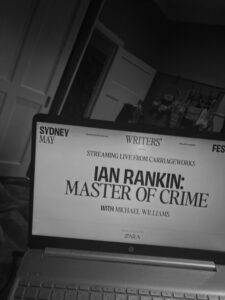
Michael Williams, an experienced presenter and editor of The Monthly, interviewed Ian. Ian had also injured himself whilst jogging in Brisbane (and damaged his I-phone) and displayed his skinned hands. They spoke about Rebus’s latest adventure in Midnight and Blue, how it’s a locked-room mystery as there’s a limited number of suspects in a gaol.
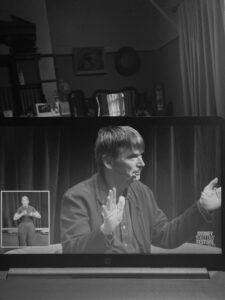
Skinned hands. Ouch.
Ian thought A Heart Full of Headstones would be Rebus’s finale and that the ending would be his Reichenbach Falls tribute to Arthur Conan Doyle. However, he couldn’t resist seeing how Rebus would cope with imprisonment.
Rebus is now ageing and seeing things from a different perspective now that he’s a prison inmate. Especially concepts like good vs evil. He also faces a new wave of crime in Edinburgh, just like current day Edinburgh which has an ongoing gangland war. Ian sees Edinburgh as a Jekyll and Hyde city with its charming tourist façade but a much darker seam running beneath it. A city that is ‘all fur coat and no knickers’ (a Glasgow saying about Edinburgh).
Ian has been writing since he was a child. He believed he would be a Professor of Literature or something similar in academia. His books take over – his characters direct themselves and will charge off in unexpected directions. His WIP book is constantly on his mind. Crime writers get all their demons out on the page and are lovely to meet in real life. Romance writers might be totally the opposite he quipped.
His first published book, Knots and Crosses, sunk. In the first draft Rebus died but in the editing process Ian brought him back.
He saw himself as a literary writer, accidentally falling into the crime genre. But being a more commercial fiction writer was an attractive option as he needed money. Shaft was the only crime book he’d read because he wasn’t old enough to see the movie. He began reading authors such as Ruth Rendell, but he found himself attracted to US noir type authors like James Ellroy.
John Rebus’s name originated from John from Shaft and from the rebus puzzle which Ian enjoyed solving in the paper when he was a child.
He spent a decade away from Scotland with his wife, Miranda, who supported him in London whilst he was writing his first four books. Rebus hates London because at that time, Ian did. But having a distance from Scotland was useful in many ways and when the family eventually returned to Edinburgh, Ian was worried about whether he’d still be able to write about it.
On his first draft he often doesn’t know who the killer is. After completing the first draft of The Hanging Garden he still didn’t know the killer. It was only when reading the second draft that he knew. His first draft is a ‘ragged beast’. Nobody reads his first draft, not even Miranda. His first draft is always skeletal, weird, filled with conversations with himself. His second draft is printed out and Miranda edits with a pen. The longer she sits there the more he knows he’s in trouble. He writes 2-4 drafts of each book.
Morris Gerald Cafferty, a Glasgow gangster, appeared in Tooth and Nail, book 3 as a minor character. Ian saw him as Rebus’s shadow side like Cain and Abel, Jekyll and Hyde. Big Ger has two different backstories because Ian has also written him as coming from Edinburgh. Cafferty represents the bad stuff, but he and Rebus share an odd empathy. It was Ian’s literary agent who said it was time for Cafferty to die. It was traumatic for Ian to write this, but he listened to his agent.
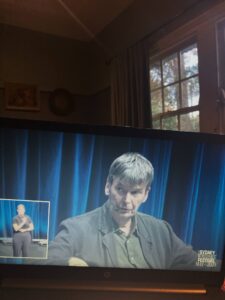
Malcom Fox is a yes-man, a toadie, a pen-pusher. Ian thinks he should hand him over to Richard Osman to put him into a nursing home. (I have to admit, I like Malcom Fox!)
Siobhan Clarke – Ian would like to develop Siobhan more in a novel but so far he hasn’t found her story.
William Mcllvanney, known as the godfather of ‘tartan noir’ and author of the Laidlaw detective books who died in 2015, was also discussed. During lockdown William’s widow asked Ian if he’d consider putting the finishing touches to a handwritten manuscript of William’s: The Dark Remains. This project was a challenge as Ian had respected William and had never attempted to capture another author’s voice. He met William at an Edinburgh book festival in 1985 before his first Rebus book was published. He told William he was writing a book that was like William’s Laidlaw but set in Edinburgh. William inscribed his book to Ian, ‘Good luck with the Edinburgh Laidlaw’. Ian received a handwritten letter from William’s widow saying he had captured William’s voice perfectly.
Ian admires Muriel Spark’s writing and Michael asked him about Jilly Cooper. Ian said, ‘We’re going there are we?’ Miranda and Ian were snowed in in France and the only books to read were Jilly Cooper’s. Ian began working his way through them and enjoyed Rivals. Jilly Cooper started sending Ian gifts when she heard he was a fan – Champagne, bars of soap. Miranda started getting annoyed about these gifts!
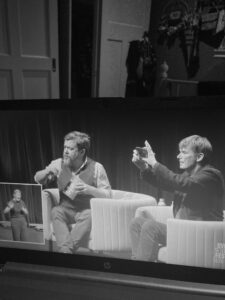
Ian said Rebus changed his life and made him a good living. He’s known him longer than most of his friends. It pains Ian to witness everything Rebus is going through. He knows he likes Rebus more than Rebus would like him. The world has moved on and cops like Rebus don’t belong or exist anymore. He’s currently writing a London novel about dark money. He might do another Rebus play. He mused that when he shuffles off the moral coil there will still be copies of Rebus in second-hand bookshops.
